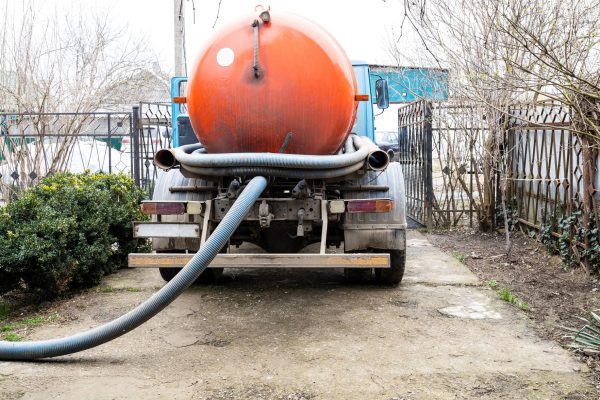
Commercial properties require reliable septic systems that can handle high volumes of waste. Unlike residential systems, commercial septic tanks face greater demands and require more frequent attention. Understanding the proper maintenance schedule for your commercial septic system is essential for preventing costly failures and environmental issues. Here’s what San Diego business owners need to know about commercial septic tank servicing.
The Importance of Regular Commercial Septic Maintenance
Commercial septic systems process significantly more waste than residential systems, making regular maintenance not just recommended but critical. Without proper servicing, these systems can develop problems that lead to backups, contamination of groundwater, and even complete system failure.
Regular maintenance ensures that your commercial septic tank operates efficiently, extends the lifespan of your system, and helps you avoid unexpected disruptions to your business operations. Preventative maintenance is always more cost-effective than emergency repairs or system replacement.
How Often Should Commercial Septic Tanks Be Serviced?
The frequency of commercial septic tank servicing depends on several key factors specific to your business operation. While residential systems might only need pumping every 3-5 years, commercial systems typically require much more frequent attention.
Factors Affecting Service Frequency
- System Size and Capacity: Larger tanks may require less frequent pumping, but still need regular inspection.
- Daily Usage Volume: Businesses with high water usage will need more frequent servicing.
- Type of Business: Restaurants and food service establishments require more frequent pumping than office buildings.
- Number of Employees and Customers: More people using facilities means more waste entering the system.
- Waste Characteristics: Businesses that produce grease, chemicals, or high-solids waste need specialized maintenance schedules.
Most commercial septic tanks require pumping every 1-3 years, but high-usage facilities like restaurants may need quarterly servicing. Regular inspections by professionals like Dr. Septic can help determine the optimal schedule for your specific system.
Warning Signs Your Commercial Septic Tank Needs Immediate Servicing
Don’t wait for a catastrophic failure before calling for service. Being proactive about septic maintenance can save your business thousands in emergency repairs and lost revenue. Watch for these warning signs that indicate your system needs immediate attention:
Common Red Flags
- Slow drains throughout your facility
- Unpleasant odors around the drain field or inside your building
- Unusual gurgling sounds in the plumbing system
- Standing water or unusually lush vegetation near the septic tank or drain field
- Backups in toilets or sinks
- Activated high-water alarms (if your system has them)
If you notice any of these warning signs, contact a professional septic service like Dr. Septic immediately to prevent minor issues from becoming major problems.
Commercial Septic Inspection Process
Professional septic inspections are thorough evaluations that look at all components of your system. A typical commercial septic inspection includes:
The technician will examine the tank’s structural integrity, measure sludge and scum layers, check baffles and filters, inspect distribution boxes, and evaluate the drain field. Modern inspection methods may include video technology to examine pipes for cracks, roots, or blockages.
Regular inspections can identify potential issues before they become emergencies, allowing for targeted maintenance that extends system life and reduces long-term costs. Most professionals recommend annual inspections for commercial systems even if pumping isn’t required.
Specialized Needs for Different Commercial Properties
Different types of businesses have unique septic system requirements based on their operations:
Restaurants and food service establishments generate significant grease and food waste, requiring more frequent pumping and specialized grease traps. Hotels and hospitality businesses experience fluctuating usage patterns that need adaptable maintenance schedules. Industrial facilities may produce chemicals or waste that requires special handling and treatment protocols.
Medical facilities must follow strict regulations regarding waste disposal and may need specialized system components. Office buildings generally have more predictable usage patterns but still require regular maintenance based on occupancy levels.
Working with a knowledgeable septic service provider who understands your specific industry needs is essential for developing an appropriate maintenance plan.
Best Practices for Commercial Septic System Management
Implementing best practices for your commercial septic system can significantly reduce maintenance needs and extend system life:
- Install water-saving fixtures to reduce flow through your system
- Educate employees about proper waste disposal
- Maintain accurate records of all septic servicing and inspections
- Develop a relationship with a reliable septic service provider
- Create and follow a preventative maintenance schedule
- Use septic-safe cleaning products throughout your facility
- Protect your drain field from vehicle traffic and heavy equipment
Following these practices not only reduces the frequency of required servicing but also prevents costly system damage and extends the overall lifespan of your commercial septic system.
Regulatory Compliance for Commercial Septic Systems in San Diego
San Diego County has specific regulations governing commercial septic systems to protect public health and the environment. Compliance with these regulations is not optional—failure to maintain your system properly can result in significant fines and penalties.
Commercial properties must maintain records of all septic servicing and make them available for inspection by county health officials. Some businesses, particularly those handling food or hazardous materials, may be subject to more stringent requirements and more frequent inspections.
Dr. Septic helps San Diego businesses navigate these regulatory requirements, ensuring your system remains compliant with all local codes and regulations while maintaining optimal performance.
Why Choose Dr. Septic for Your Commercial Septic Needs
When it comes to commercial septic maintenance in San Diego, experience and reliability matter. Dr. Septic specializes in commercial septic systems of all sizes and types, offering comprehensive services tailored to your specific business needs.
Our team of certified technicians understands the unique challenges faced by commercial properties and provides expert service that extends system life and prevents costly failures. We offer flexible scheduling to minimize disruption to your business operations and provide detailed documentation of all services performed for your regulatory compliance needs.
Don’t wait until you’re facing a septic emergency. Contact Dr. Septic today to schedule a professional inspection and develop a maintenance plan that keeps your commercial septic system running smoothly year-round. Your business depends on functioning systems—depend on Dr. Septic to keep them working properly.
